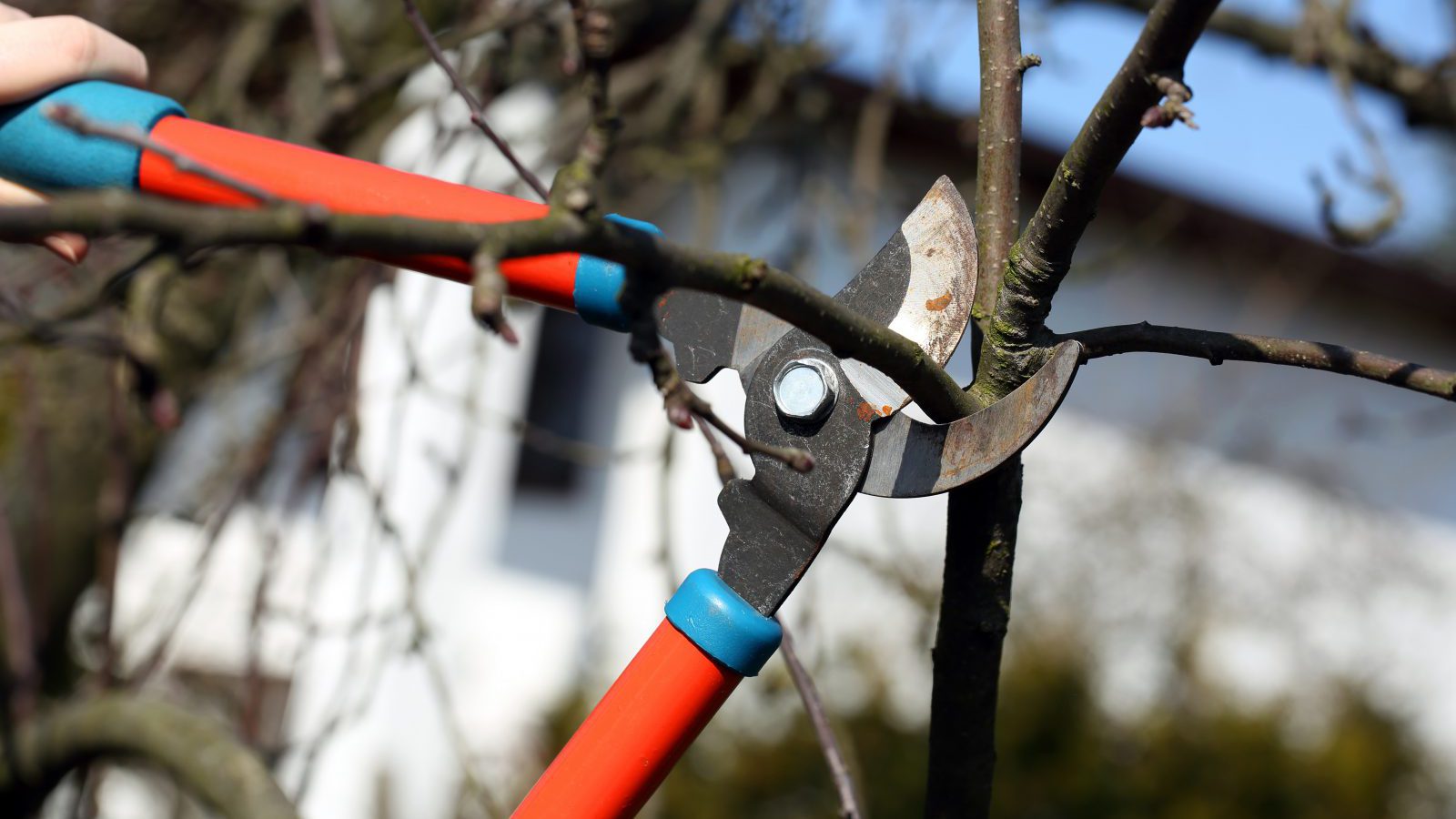Q. Dear Umbra,
As the weather finally warms, I’m beginning to clean up our wooded lot. We don’t have a lot of room, so I transport the brush to our town’s composting facility. My wife brought up a point worth considering: Am I producing more carbon transporting the brush to the facility, where they use a gas-powered chipper and other diesel equipment, or is it better to just burn all the brush on our property?
Robert M.
Mansfield, Mass.
A. Dearest Robert,
Ah, the rites of spring. I usually greet the season by sipping hand-squeezed clementine juice and sewing new cushions for the backyard bat houses I make out of salvaged barn wood. Well, that’s what I’d like to be doing, anyway. What I usually end up actually doing on the first sunny weekend is dusting windowsills, weeding the overgrown garden plot, and giving my bike a sorely needed tune-up.
No doubt your to-do list is similarly lengthy, Robert, so it’s lovely that you’re taking the extra time to think about the most sustainable way to deal with your brush. Taking your yard waste to a composting facility is a thoughtful choice, and much better than consigning it to the landfill, but I’m inclined to agree with your wife and say your very best option is handling the debris at home. But wait! That doesn’t mean burning it. I have a few other fates in mind for your woody waste.
Why not burn it, you ask? For one, torching that wood will release a load of carbon into the atmosphere all at once, instead of more gradually as it naturally decays. For two, backyard fires emit choking particulate matter, as well as some other polluting chemicals, so it’s best not to unleash all that on yourselves and your neighbors. We can do better.
My favorite idea, for those who have the space (and I know you said yours is limited, Robert, so hold tight for other options), is to construct a brush pile to provide shelter for local critters such as birds, chipmunks, or turtles. There’s a little more to it than just dumping all those sticks and branches into a mound — to do it right, you want to build a foundation and then layer the brush in a crosshatched fashion — but it’s easier and eco-friendlier than a bonfire. Plus, just think, soon your yard could look like a scene straight out of Bambi.
If a brush pile takes up too much space or you prefer nurturing nasturtiums to cultivating critters, how about transforming that woody detritus into landscaping gold? I mean mulch, of course: A nice layer of wood chips spread around your trees or incorporated into your garden does everything from tamp down weeds to reduce erosion problems to conserve moisture levels in the soil, thereby saving water to boot.
For DIY mulch, you’ll need a chipper or shredder — if brush-clearing is a regular chore at your place, it could make sense to buy one. (Electric models draw juice from the local power plant, but you won’t have the on-site emissions associated with gas-powered options.) You can also hire a chipper service to swing by your place and make quick work of the brush. Like driving the stuff down to your local composting facility, a traveling chipper involves some carbon emissions from burning gas, but this way you’ll get the benefit of the finished product. One more option: That chipped-up brush can also be added to your home compost bin and transformed into dynamite soil enrichment for this summer’s tomatoes. Just promise me you’ll be careful with such machinery, OK, or do I need to invoke Fargo to drive the point home?
Have I convinced you that the remains of your brush-busting labor are too valuable to either burn or cart away? I do hope so. But if none of the above will work for you, then turning those spare limbs and branches over to a municipal composting outfit is a good alternative. As you note, your local facility will use some energy chopping the brush — but given the advantages of diverting organic material like this from the landfill and using it to supercharge local gardening and agriculture, I’d say that’s an acceptable price. Some communities even offer curbside pickup for this kind of thing, which is more efficient than everyone individually driving yard waste to the composter.
Happy spring cleaning, Robert, and enjoy your spruced-up lot. And because my equinox resolution is to think ahead, here’s an idea to make cleanup easier next time: goats! That’s right: In some places, homeowners can rent the voracious little bleaters for a natural, low-impact brush-clearing session. Plus, I daresay they’re quite a bit cuter than even the cutest wood chipper.
Overgrownly,
Umbra



